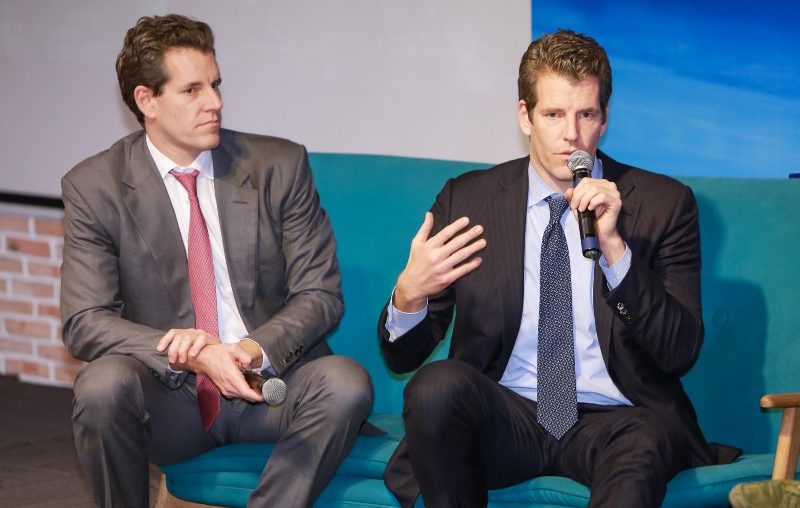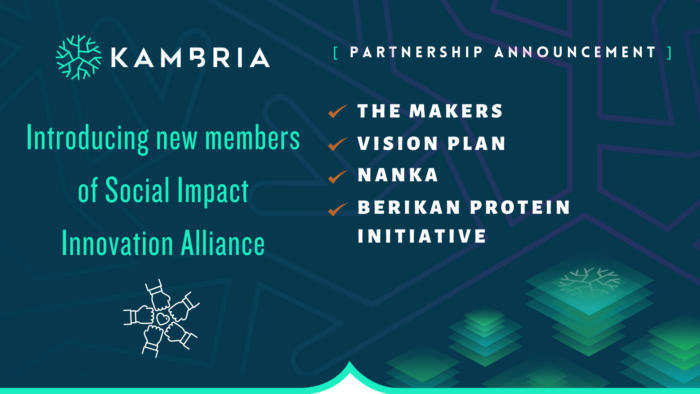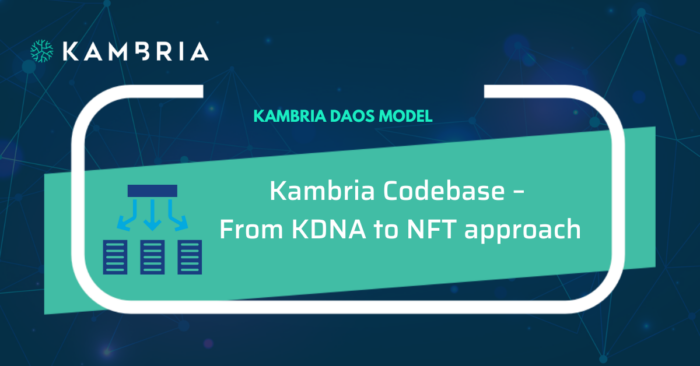This is Part 2 of a 3-part series recapping the event titled “Innovation, Community, Impact: Protocol for the Future” hosted by Kambria in partnership with Lixibox on November 14th. This event brought together prominent CEOs, successful investors, and other technology advocates to discuss entrepreneurship and how best to create an impact. There were SO many great insights shared by our esteemed guests that we’re summarizing them for you here. If you’d like to watch the event in its entirety, here is a link to the livestream.
And below are key takeaways from the panel discussion led by Joe Lonsdale with Jack Abraham and Cameron and Tyler Winklevoss. Learn what inspires them and why the Winklevoss believe in cryptocurrency.

Jack, what inspired you to build companies and what are you focusing on these days?
How do you choose the best ideas to invest in? There’s a difference between what is a good idea in the abstract and good ideas that can become businesses. A good business, one that can scale, really has to have a good distribution strategy. How can the product reach one million customers or ten thousand businesses or whatever scale you need to have a dramatic effect on the idea reaching its full potential?
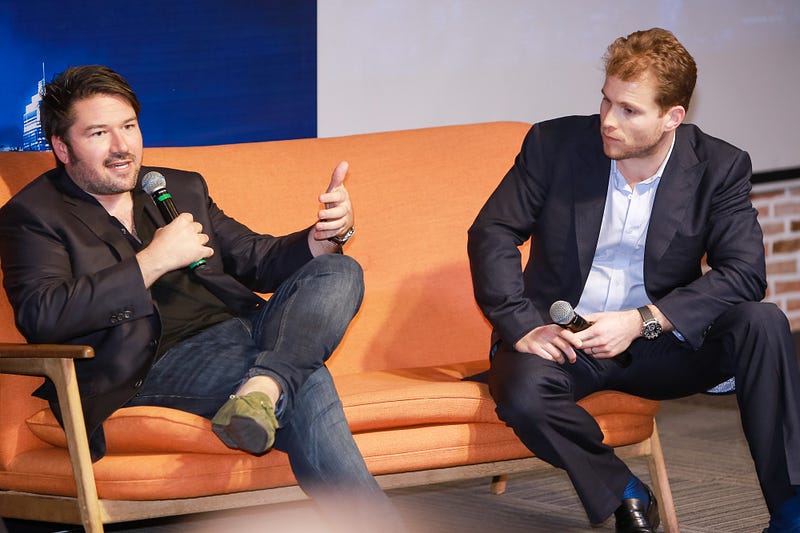
Cameron and Tyler, what inspired you to build Gemini?
The challenge! There wasn’t an easy way to buy and sell cryptocurrency. So Gemini is a bridge to the future of money — connecting the island of crypto with the mainland of Wall Street and finance. We’re basically solving our own authentic problem. It was hard for us to buy Bitcoin so just had to come up with a way to do it ourselves. Frustration is what motivates a lot of entrepreneurs to change the world.
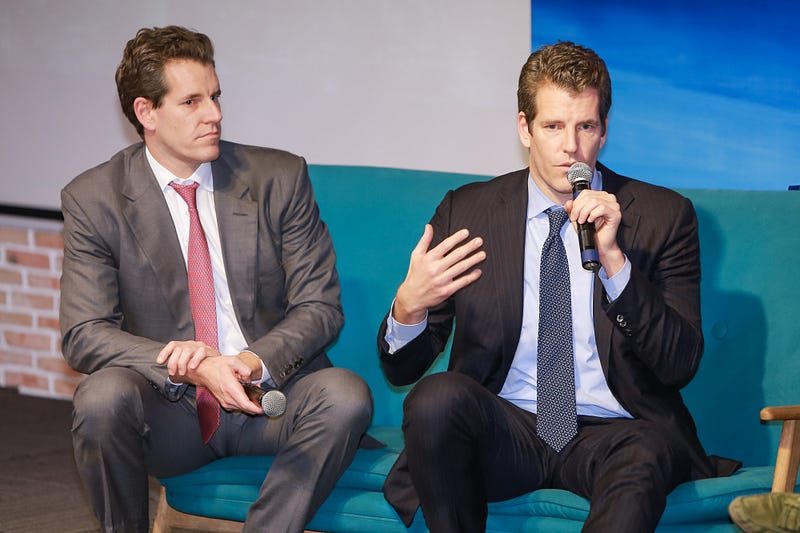
Why should a country or government care if they have cryptocurrency? Why is it a good thing for a country or for the world?
They may like it or they may not. Our take is that cryptocurrency is the first money that is built for the internet. So it’s money and protocol similar to email. I don’t know how long it will take me to send money from New York to Vietnam. But I know that if I send an email it will arrive instantly. Money is just information. Imagine if your email shut down after 5:00 pm just like banking hours. Money should work like email, like the internet.
Crypto is very much a global asset — it’s part of Web3.0.
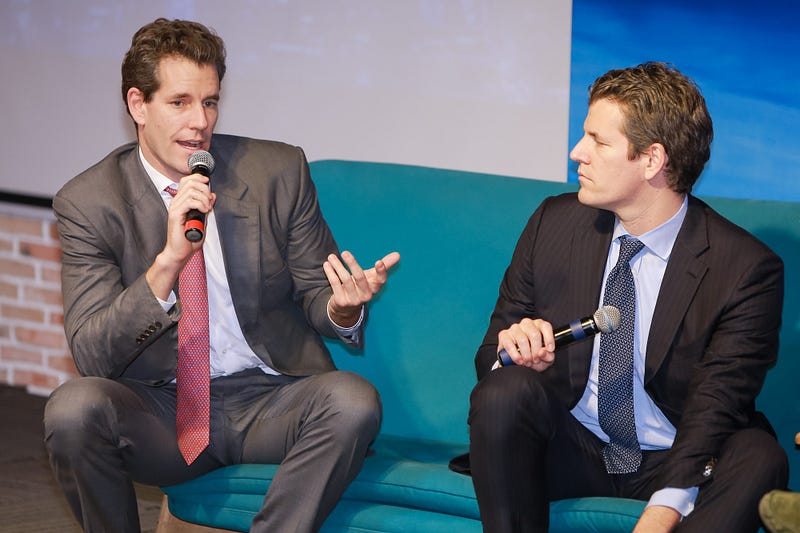
Silicon Valley doesn’t have a monopoly on cryptocurrency like it does on many other tech areas. So there’s a huge opportunity for governments to step up and make it viable for companies like Gemini to make it their Asian home. They can create thoughtful regulation that allows a company to get a license and then a bank account. And then you have the lifeblood and the oxygen of the company.
Jack, you’re always looking at companies. What are some of the possibilities here you’re looking at?
One thing we’re looking at is the talent here and how ready they are to join a company. Joe and I are very bullish on the region — the people are very honest and hard-working. They are highly intelligent and can learn very quickly. We have noticed that there are still a lot of raw materials here. One thing we’ve been thinking of — can we manufacture homes here? Can we use US architects, manufacture them in Asia, and then import them to the US? We’ve also talked about supplements and other types of health products.
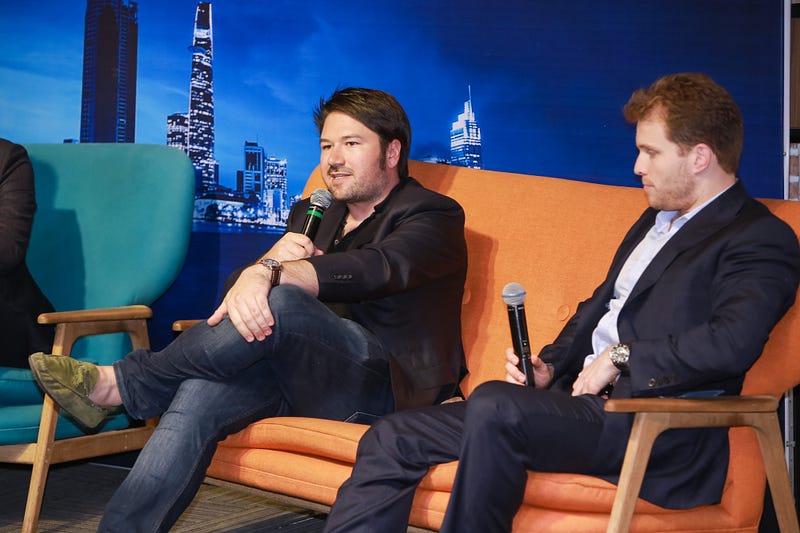
Cameron and Tyler, if you were in charge here, what would you do to build a tech sector? What would you do differently than you’ve seen?
If we were to build Gemini again, clear regulation so that we could operate lawfully is huge. Having a license and being able to get a banking relationship are the basic things. You can literally copy the virtual currency regulations in New York. You usually don’t hear startups asking for regulation, in the case of financial services, we need thoughtful regulation.
Jack, what do you think?
Yeah, I think there are some interesting things being done in the US that can be done here. The Obama Administration passed something called Qualified Small Business Stock. If you invest in a startup or start a company and hold that stock for more than 5 years, when you exit the company, you don’t pay any taxes. This incentivized a lot of people to start companies and it’s something that can be copied around the world.
Something we see in Canada is that they try to encourage certain areas that they want their country to get into strategically. They have Science, Research and Development credits that pay for half of an engineer’s salary when they work on certain technologies. This is allowing Canada to advance by preventing the brain drip of smart people going to the US. That would be interesting here in Vietnam for AI or cryptocurrency job, maybe give some sort of rebate to train people in those industries.
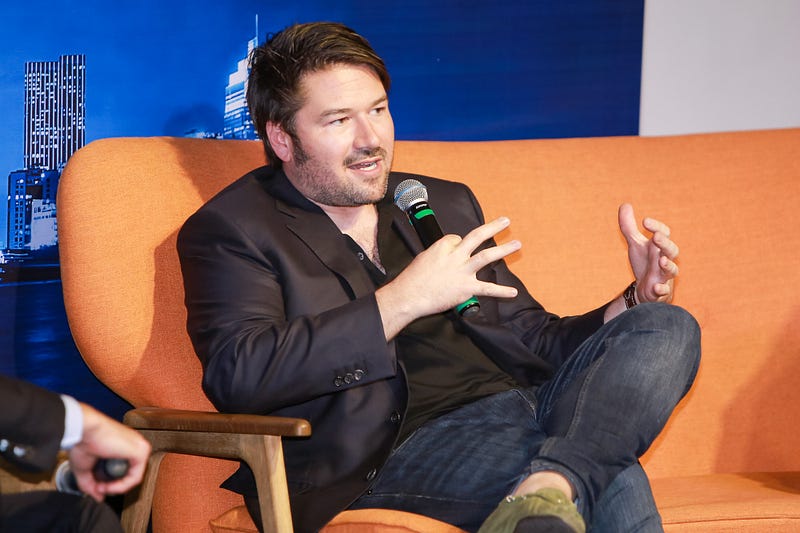
About Cameron and Tyler Winklevoss
Cameron and Tyler Winklevoss have been angel investors and entrepreneurs in emerging technologies since 2003, most recently co-founding Gemini, a next-generation digital asset exchange. They are also currently principals of Winklevoss Capital Management, a private investment firm that partners with a select number of early stage companies. The company’s portfolio includes Hukkster, an online shopping tool for sale alerts; SumZero, an online community of investment professionals; and Bitcoin, a decentralized cryptocurrency that uses peer-to-peer technology for frictionless payments. Cameron and Tyler, both NCAA rowing champions, represented the United States at the 2008 Olympics Games in Beijing, China. They both graduated from Harvard University with degrees in Economics and received their MBAs from Oxford University.
About Jack Abraham
Jack Abraham is the founder and CEO of Atomic, a venture incubator that launches companies across the consumer and enterprise space. Jack founded Atomic in 2013 with the goal of developing a better way to build companies. Prior to Atomic, Jack was the founder and CEO of Milo.com, which was acquired by eBay in December 2010. As Director of eBay Local, Jack led the redesign of eBay’s homepage, which is visited by 120 million users a month. He also led the efforts behind eBay Now, the company’s same-day delivery option. Jack is an angel investor in Invite Media (acquired by Google), Pinterest, Postmates, Ampush Media and Flatiron Health. He is an advisor to Felicis Ventures and has previously advised John Donahoe, the former CEO of eBay. Jack has been named one of the “100 Most Creative People in Business” by FastCompany, was nominated for “America’s Best Young Entrepreneurs” by BusinessWeek, and has made Forbes’ “30 Under 30” list two times. Jack studied Technological Entrepreneurship at The Wharton School of the University of Pennsylvania.
About Joe Lonsdale
Joe Lonsdale is a partner at 8VC, a San Francisco-based venture capital firm. He was an early institutional investor in many notable companies including Wish, Oculus, Illumio, Joby Aviation, Blend, RelateIQ, ZenReach, Color Genomics and uBiome, and in 2016 and 2017 was the youngest member of the Forbes 100 Midas List.
Joe is a co-founder of Palantir, a multi-billion dollar global software company best known for its work in defense and finance. Most recently, he was a founding partner at Formation 8, one of the top performing private funds and the precursor to 8VC. Together, these funds manage a total committed capital of over $2.7 billion.
Before that, he founded Addepar, which has over $1 trillion managed on its wealth management technology platform, and OpenGov, which modernizes various processes for over 2,000 municipalities and state agencies. He is also a founder of Affinity, Anduin and Esper. Previously, Joe was an early executive at Clarium Capital, which he helped grow into a large global macro hedge fund. He also worked with PayPal while he was at Stanford.
Joe received a BS in Computer Science from Stanford in 2003. He often lectures and writes on entrepreneurship, technology, and public policy.
Stay tuned for more insights from our guests. In the meantime, please join us on Telegram or any of the social media channels linked below to learn about our upcoming events.
The Kambria Team
Website: https://kambria.io/
Whitepaper: http://bit.ly/2JbuET7
Telegram (ENG): https://t.me/kambriaofficial
Telegram (KOR): https://t.me/KambriaKorea
Telegram (VIE): https://t.me/KambriaVietnam
Telegram (CHN): https://t.me/KambriaChina
Twitter: https://twitter.com/KambriaNetwork
Facebook Page: https://facebook.com/KambriaNetwork
Facebook Group: https://www.facebook.com/groups/kambria/
Reddit: https://www.reddit.com/r/KambriaOfficial/
Medium (ENG): https://medium.com/kambria-network
Medium (CHN): https://Medium.com/kambriachina
Steemit: https://steemit.com/@kambrianetwork
Weibo (CHN): https://www.weibo.com/kambriachina
Email: info@kambria.io
KAT is sold to be used on the Kambria platform.
